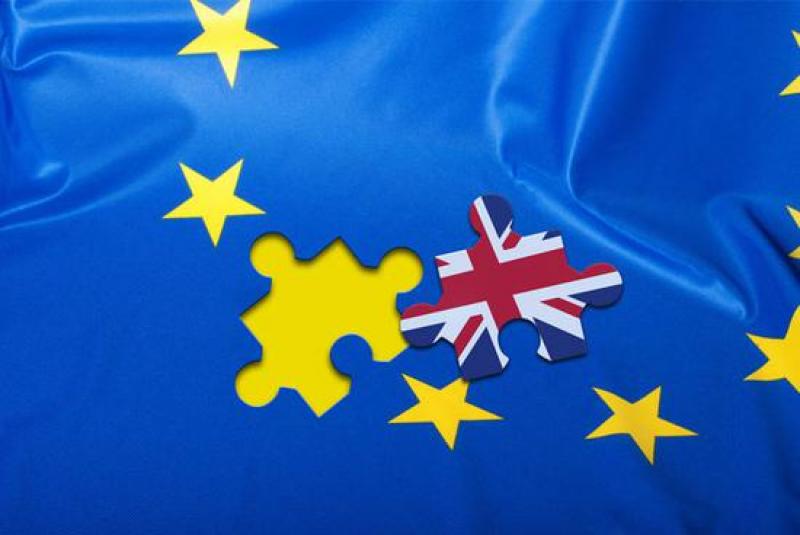UK gas and electricity transmission system operators need to decide on new working arrangements with EU bodies following the UK's exit from the EU.

UK system operators no longer participate as members of EU bodies such as regulator Acer and gas and electricity system operator associations Entso-G and Entso-E, respectively, following the UK's exit from the EU. The UK and EU have agreed to work together to develop a new framework to ensure co-operation on matters such as security of supply and development of new networks, but have not yet decided what form this will take. The trade agreement specifies that the new framework will not involve or confer a status comparable to membership in these bodies.
A "key focus" for UK gas system operator National Grid early this year will be the establishment of its new relationship with Entso-G, in co-ordination with UK energy regulator Ofgem and EU counterpart Acer, National Grid said.
Entso-G said it was assessing the situation and will consider a number of options.
In terms of gas rules and regulations, little has changed since the UK exited the single energy market on 1 January. While there is a need to ensure that rules directly linked to EU law or EU network codes are instead connected to UK law, this is principally an administrative task given that the UK and EU have agreed to continue the principles that underpin existing gas market rules, such as risk assessments, non-discriminatory approaches to fees, transparency and cost-reflective network access and charging, National Grid said.
And there are no practical changes to ensuring efficient trade and minimal barriers to trade over the gas interconnectors, as access to the existing platform for trade, Prisma, has been retained, the system operator said.
One administrative burden is the need to adhere to custom import declarations processes. The operators of the UK-Belgium and UK-Netherlands pipelines, IUK and BBL Company, will make customs declarations to customs and tax authority HMRC on behalf of their shippers on the UK side of the routes, while the obligation is on shippers to make import and export customs declarations on the Belgian and Dutch sides.
There is still some longer-term uncertainty, as the energy clause of the UK-EU trade agreement has a termination date of 30 June 2026. But the UK's Department for Business, Energy and Industrial Strategy (Beis) told Argus it is "normal" for framework trade agreements to include termination clauses, with the contract allowing for the agreement to be renewed annually from 30 June 2026 on. Beis is "confident" that the UK and EU will see the benefits of their co-operation over the next few years.
This article is reproduced at www.argusmedia.com